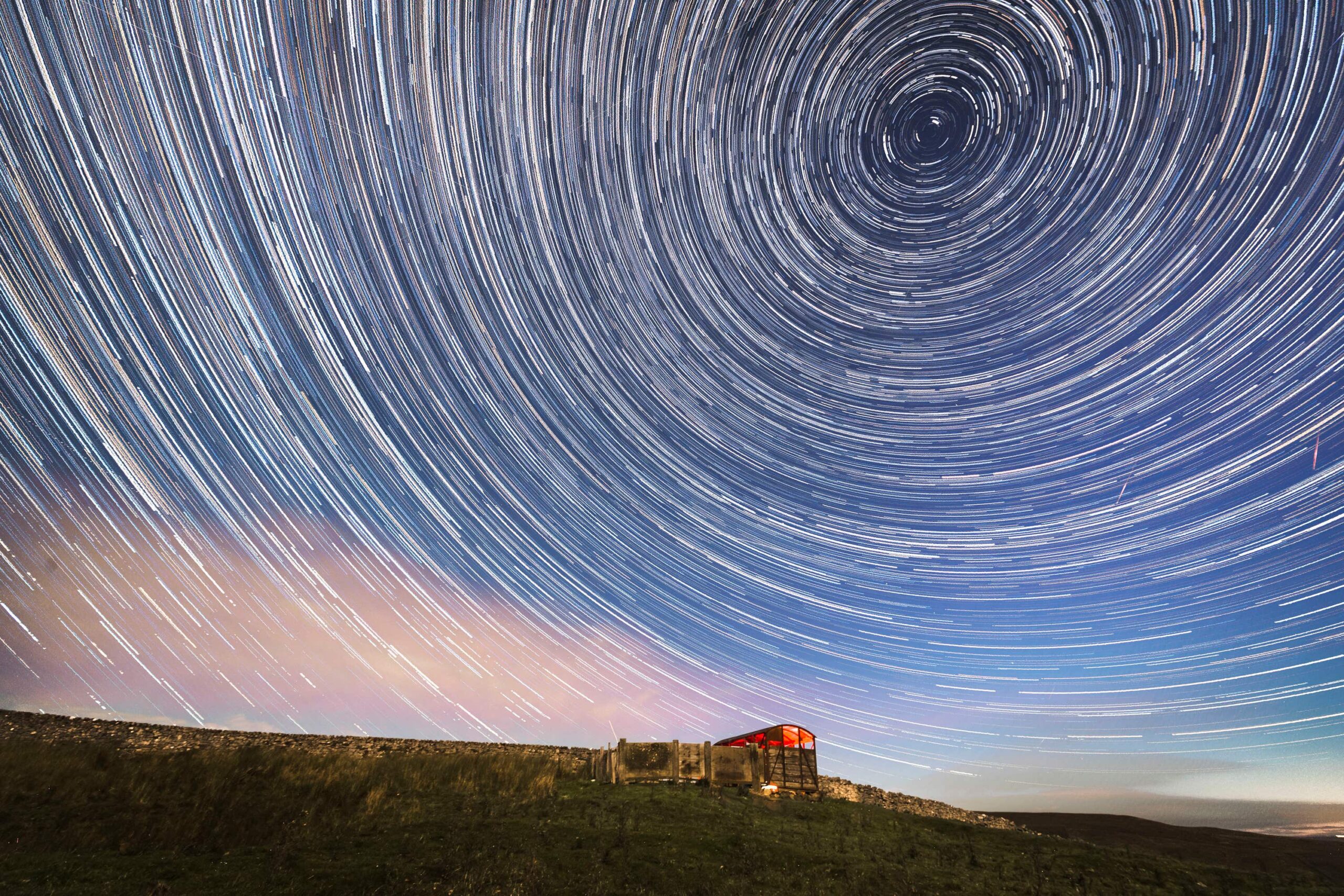Perseid meteor shower to light up the night sky next week
It is predicted the peak of the Perseid meteor shower will be on the night of August 12
Sky gazers are set to be treated to a light display next week as Earth passes through debris left behind by a comet.
It is predicted the peak of the Perseid meteor shower will be on the night of August 12 into the early hours of August 13 when the sky is at its darkest.
The meteors will be best viewed from the northern hemisphere. In ideal conditions with no clouds observers could see up to 50 an hour, according to the Royal Astronomical Society.
The meteor shower is often dubbed the best of the year because of how bright and active it is.

Meteor seen during the Perseids meteor shower over the Cotswold Water Park near Cirencester, Gloucestershire
During a shower, Earth passes through a cloud of debris left behind by comets, and so many more meteors are seen entering the atmosphere.
The Perseids are associated with Comet 109/P Swift-Tuttle, which last passed near Earth in 1992.
When comets travel close to the sun, they heat up and disintegrate. If this happens in Earth’s path around the sun, they can head towards our atmosphere at high speeds.
The superheated air around the meteors glows and leaves behind trails of light and explosions in the form of fireballs.
The best way to catch a glimpse of the radiant show is away from the lights of towns, cities, buildings, and trees, and where there is a clear view of the horizon.
This year on the peak, the moon will be in a thin crescent phase, creating perfect viewing conditions without interference from moonlight.
Dr Robert Massey, deputy executive director of the Royal Astronomical Society, said: “The light of the moon won’t interfere with the shower, so you stand a much better chance of seeing more meteors.
“If there is a full moon in the sky, then you might as well be in the city because it will light up the whole sky, but this year the moon really will help us see more Perseid meteors.”
Observers have been advised to plan and check the forecast before in case the weather is unpleasant, so they can travel to a new location or go out on a different day.
The sparkling treat is set to continue over the Northern Hemisphere for a few days after the peak with reduced activity and occurs in July and August every year.
The Press Association
Latest posts by The Press Association (see all)
- BBC to air two-part Call The Midwife Christmas special - December 23, 2024
- 6 mind sports to exercise your brain and keep you sharp - December 20, 2024
- Quiz: What classic Christmas food or drink are you? - December 20, 2024
- Leftover turkey and watercress pie - December 20, 2024
- Catherine and William choose family shot for Christmas card photograph - December 19, 2024




















